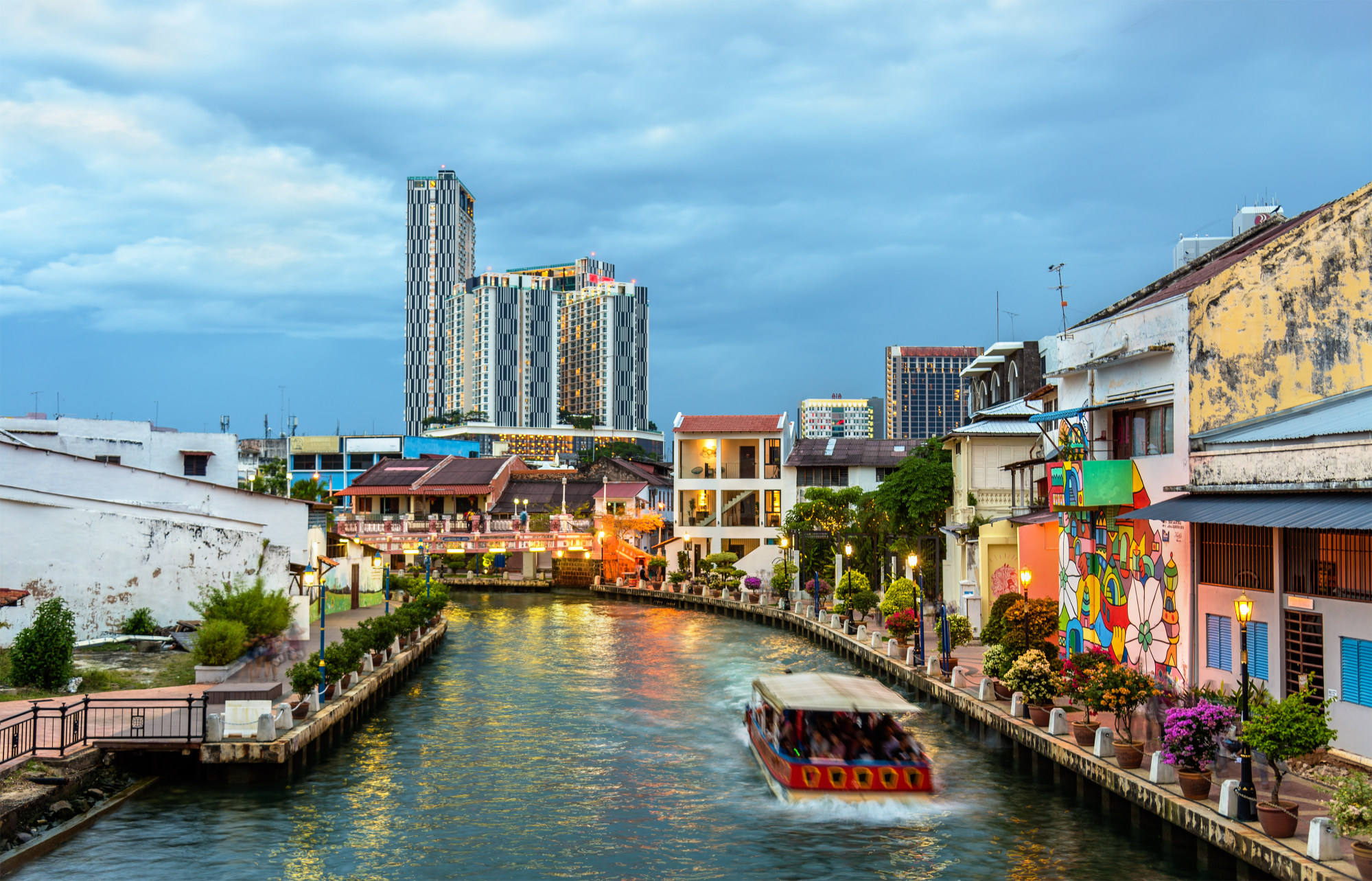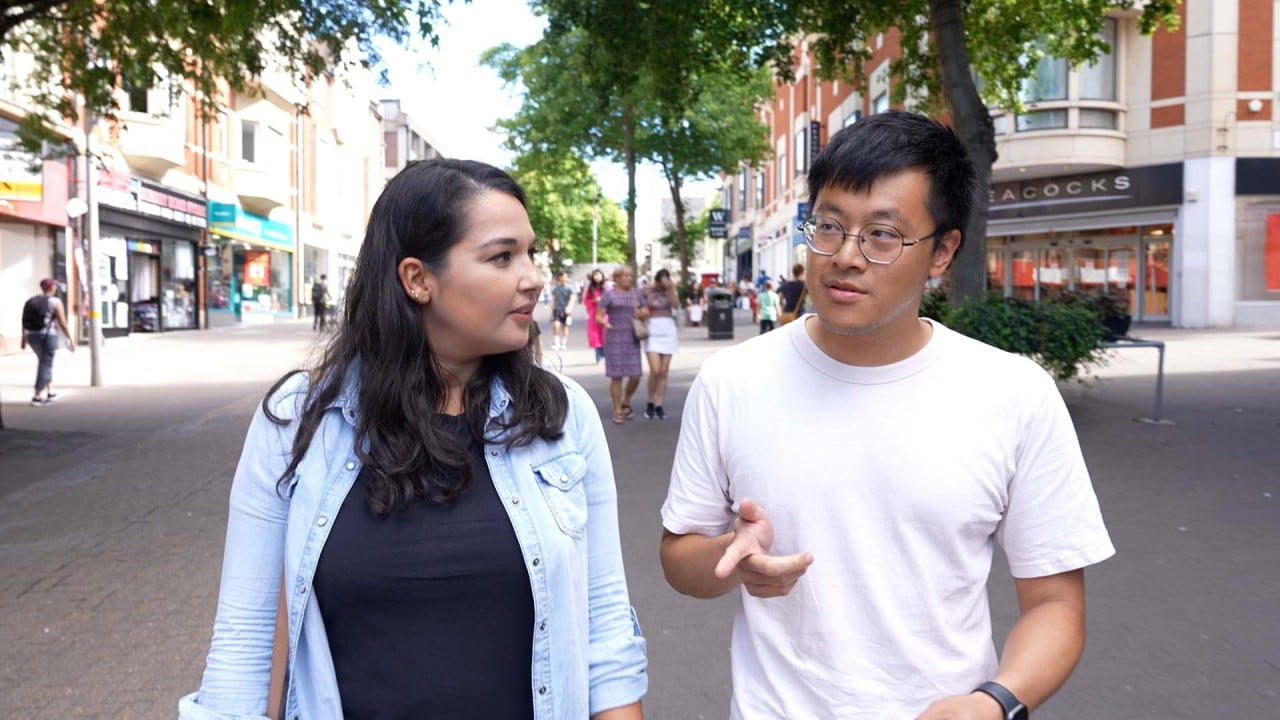
Malaysia hopes to lure back mainland China, Japan, Hong Kong investors with fresh tweaks to MM2H golden visas
- Applications for the Malaysia My Second Home (MM2H) scheme plunge after asset and income requirements were changed as the pandemic swirled
- A minister says the visa process and financial requirements will now become ‘more flexible’ to allow foreigners to obtain long-term visas more easily

In a statement released on April 18, Malaysian minister of tourism, arts and culture Tiong King Sing said the application process for the programme “will be made more flexible”.
To apply, foreigners had to prove they owned liquid assets worth 1.5 million ringgit (US$354,000) – more than triple the previous amount. Applicants were also asked to prove a monthly offshore income of at least 40,000 ringgit (US$9,400) compared with 10,000 ringgit previously, and ordered to live in Malaysia for a cumulative period of 90 days in a year.
“When you make the threshold too high, you are going to lose interest from people who might just choose to apply to another country or hold off their plans to migrate, especially during the pandemic,” said Anthony Liew, president of the MM2H Consultant Association.
The programme needed some revision but was tightened too much, he added.
But there are advantages to the scheme: foreigners can purchase freehold property and live in Malaysia on a long-term basis. It has won favour with Chinese and Japanese participants.
The five-year visa also offers a tax exemption on the remittance of offshore funds transferred into Malaysia.
Between the start of the scheme in 2002 and 2019, there were 48,471 applications from 131 places approved, according to data from the Ministry of Tourism, Arts and Culture.
Nearly 16,000 Chinese nationals took up the scheme in that time, 5,000 Japanese and some 1,500 people from Hong Kong. British citizens were fifth on the list.
But the changes made back in 2021 by the Malaysian government doused interest.
At the time, the government said the changes aimed to pull in more high-income individuals who could contribute to an economy hard-hit by the pandemic and ongoing political turmoil in the country.
Yet it had the opposite effect, according to Charlene Ng, general manager of real estate agency Jade Land in Hong Kong.
“I think for the mass market, most people who might not be able to meet the [2021] requirements definitely felt frustrated,” she said.
Malaysia is still a very suitable place for Hongkongers to retire, to enjoy as a second home or to allow the children to pursue quality international education
Clients also became vexed by the lack of transparency during the period in which their MM2H applications were frozen, Ng added.
“For them, maybe they had a financially strong background and they could do it,” Ng said. “The ability to freehold land and properties, obtain mortgages at low rates and not worry about inheritance tax policies is very attractive.”
Interest from Hong Kong
Vincent Fong, founder of the MM2H Club in Hong Kong, said that between 2018 and 2020, his consulting agency received 2,000 applications for the scheme.
But since the new restrictions were imposed in 2021, he said there had only been about 300 applications in total.
“Malaysia is still a very suitable place for Hongkongers to retire, to enjoy as a second home or to allow the children to pursue quality international education,” Fong said.
“If the review can potentially return the policy of MM2H to its glory days of being the top golden visa programme in the world in 2019, that would be great for Hongkongers wanting to move to Malaysia,” he added.
The details of possible changes are yet to be made public, but visa agents speculate that the government will lower the financial requirements and ease the minimum-stay requirement for working professionals.
They also hope that more benefits will be attached to the MM2H scheme, and the application process simplified.
“I think potential MM2H participants may return,” said David Chang, a property agent at CiD property agents in Kuala Lumpur. Still, he said revisions were needed since clients “lost some faith in Malaysia when suddenly a 10-year old scheme was changed overnight” in 2021.
Optimism ahead
Visa and property agents are confident MM2H has a promising future, if the requirements are streamlined.
Jessie Ong, director of visa consultancy Overseas Living (MM2H) in Penang, said she was already hearing a lot of positive feedback since the announcement that the visa’s criteria would be reviewed. “This will definitely kick-start interest in the scheme again,” she said.
Competition for similar schemes is increasingly stiff in the region, with Thailand offering a long-running elite visa scheme and Indonesia recently introducing its own second-home visa.
Thailand’s scheme allows foreigners to live in the country for five years with a payment of 600,000 Thai baht (US$17,500) that can be extended to 20 years.


